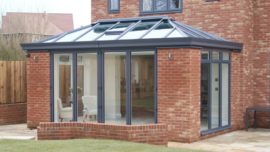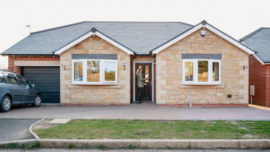The top types of concrete cement you should know about
Concrete is the most popular building material around the world. Concrete is made of cement, water, and coarse aggregates. When mixed together, they create a construction material that hardens over time.
How much water and cement you use determines the properties of concrete, such as:
- Strength
- Durability
- Workability
- Resistance to heat or radiation.
There are several different types of concrete, even though they look very similar. Here are the most common types:
- Reinforced concrete –
This is concrete in which metal bars or wire is embedded to increase its tensile strength.
In addition, it’s used for construction on a large scale. Such as bridges, dams, tall buildings, and stadiums. This concrete has the following properties:
High relative strength
Good bond to the concrete
High toleration of tensile strain
Thermal compatibility
Durable
- Lightweight concrete
Lightweight concrete is a mixture made with lightweight coarse aggregates. Such as shale, clay, or slate, which gives it its characteristic low density. This concrete has an in-place density of 90 to 115 lb/ft3. This makes it ideal for building modern structures that require minimal cross-sections in the foundation.
- High-strength concrete
In addition, HSC is a strong, hard-wearing blend of cement and 10mm coarse aggregate. High-strength concrete can resist loads that normal-strength concrete cannot.
- Hight-performance concrete
A concrete mixture that has high workability, high strength, and high density. This has a lot of benefits such as,
Firstly, ease of placement
Long term mechanical properties
Early age strenght
Toughness
Finally, life in severe environments
- Precast concrete (PC)
In addition, precast concrete is prepared, cast, and cured off-site. Usually in a controlled factory environment, using reusable moulds.



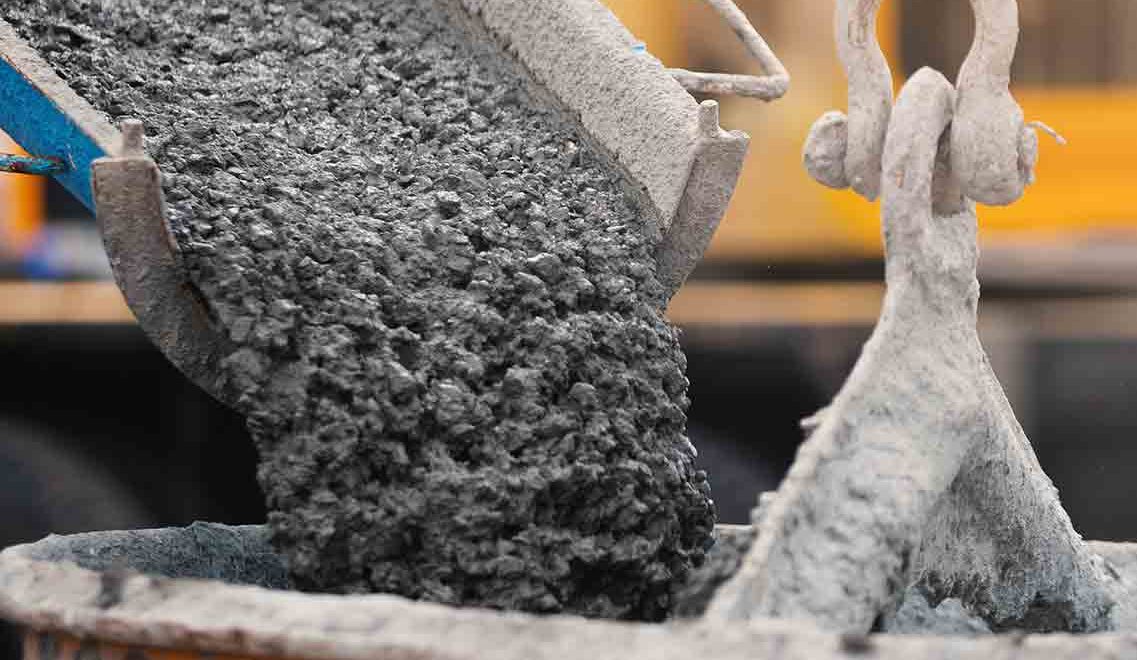
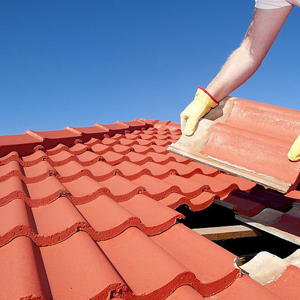
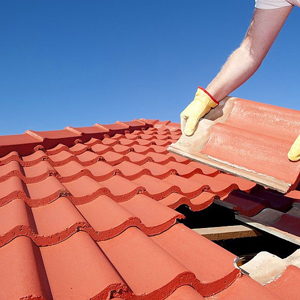


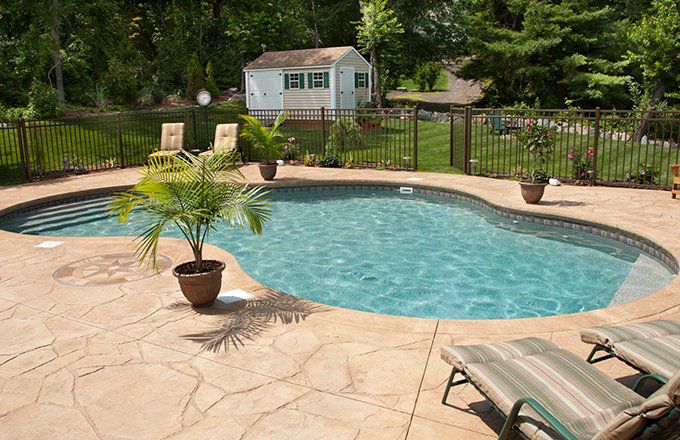
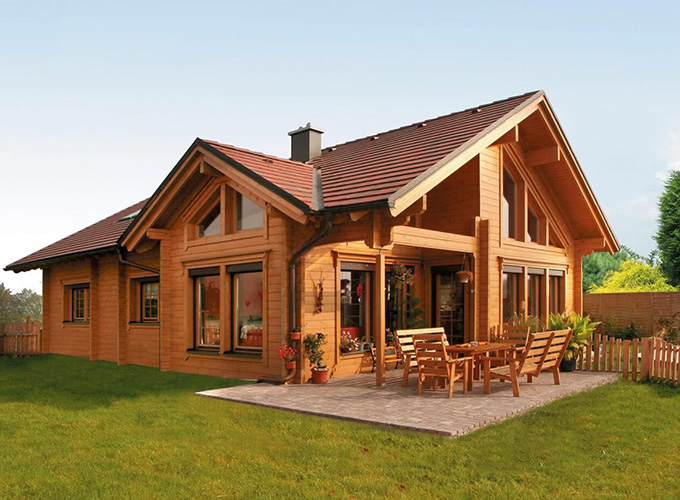
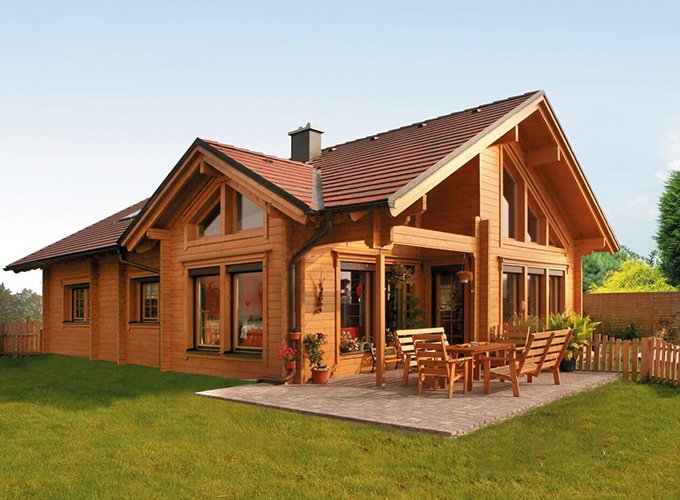
![Luxury modern concrete house in Trento [ Timelapse ] - YouTube](https://i.ytimg.com/vi/tBzFoyAU6AU/maxresdefault.jpg)


